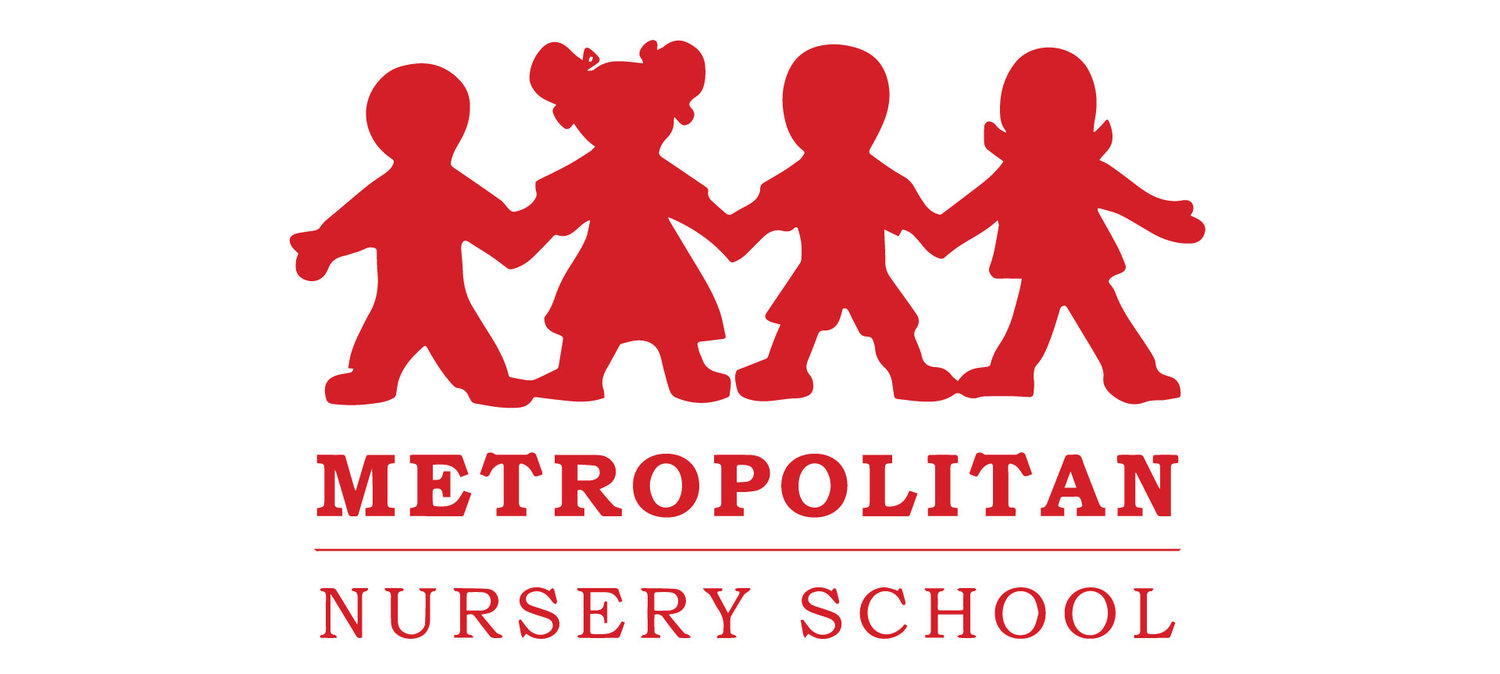I have spent a lot of time thinking about loss this year. I have watched parents and loved ones pile loss onto loss until you can’t even see the person behind the pile any longer. That has been our burden to bear during this time. Nothing can remain unchanged or untouched by this virus, and we have all had to adapt to survive. Such is life.
I find a little comfort in knowing that each generation overcomes trials like these, and even more comfort in knowing that another pandemic is unlikely to occur again in my lifetime. But I take the most comfort in my days here at school watching the teachers and children. I worked at a Montessori preschool on September 11 and I knew that day I would always work in preschools. As the adult world fell apart around us that day, the children played and the teachers created a safe space for them to be children. It was an oasis in a desert. I find great comfort when times are troubled that children remain the same: resilient, joyful, funny, and learning. Little sponges not yet attached to experiences, adaptable and looking to us to help determine what is “normal”, what is “okay”.
I want to take a moment to share some things I have spied during these months of in-person preschool during a pandemic that I offer as silver linings.
These children don’t mind the masks. This will actually be a useful life skill for them.
They are amazing at communicating with their eyes and at reading emotions through the mask. This group of kiddos is going to be very adept at non-verbal communication. I had one of our older classrooms showing me facial expressions the other day (in masks, of course) and you would not believe how good they are at communicating their feelings through eye contact. In a world full of screens that keep us separated from really seeing each other, this is an incredible skill that I am grateful these children will have.
They are more adaptable. While I saw some typical separation anxiety at the start of the year, (even for some 3-year-old after having been away from school so many months), once in school, these children are seem more flexible. They seem to have a deep understanding of “things change” that generations before maybe lacked. I hope this stays with them moving forward.
While it feels like our adult worlds have become incredibly complicated, their worlds have become simpler. Fewer people outside of their family, fewer commitments, fewer structured activities. The holidays are less chaotic. The children seem happier. I hope we don’t immediately go back to a full-throttle schedule for these preschoolers and we try to keep some of this simplicity for them.
And finally, maybe a silver lining for the field of education: This has exposed some terrible fractures that I hope proves to be a catalyst in education reform. A reminder to adults that protecting and serving these children is our mission and thoughts and concern for their healthy growth and development should not be outweighed by adult politics, posturing, or priorities. Children’s behaviors tell us what they need, and it is time we start looking to them again for guidance on how best to serve them and help them grow. I hope the field of education will spend time on self-reflection once we are on the other side.
I know there are many children not in in-person schooling right now, and I can not speak to how these silver linings may apply to them. I know they don’t apply to many, many children right now (even my own teenagers, that have been online only since March). But for our Metropolitan children, this time has not been all losses. For that, I am incredibly grateful.
Merry Christmas, happy holidays, happy New Year!
-Kristen

